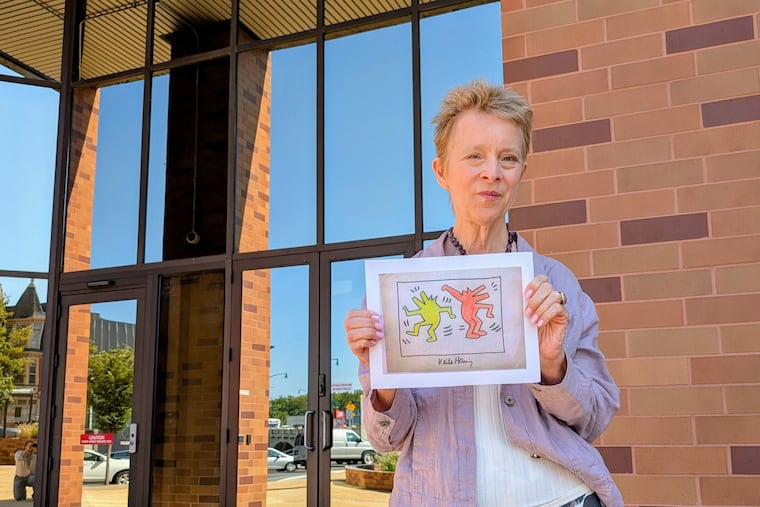Former neighbor of Taylor Swift receives two-month prison sentence for selling counterfeit artworks attributed to Picasso, Warhol, and others.
In a striking case that underscores the complexities of art fraud, Carter P. Reese, a former art dealer and historian, was sentenced to 60 days in prison followed by four months of house arrest for orchestrating a scheme that involved selling counterfeit artwork. The sentencing, handed down in federal court, followed Reese’s guilty plea in May, which acknowledged his involvement in defrauding investors, including prominent art collector Christine Oaklander.
Reese, who gained local notoriety in the Reading area, was particularly known for previously owning the childhood home of musician Taylor Swift. Despite his esteemed background, he exploited his connections and charm to persuade Oaklander to invest ,000 in what he claimed were authentic artworks by renowned artists such as Pablo Picasso, Keith Haring, and Jean-Michel Basquiat. However, the pieces were revealed to be forgeries sourced from suspect suppliers, including an individual with a prior conviction for dealing in counterfeit art.
Prosecutors alleged that Reese’s fraudulent activities spanned from 2019 to 2021, during which he employed deceitful practices, including the use of forged signatures to legitimize the artwork to potential buyers. As the investigation unfolded, it became apparent that Oaklander was not the only victim; numerous investors lost substantial sums, prompting law enforcement intervention.
During the court proceedings, Oaklander expressed her profound sense of betrayal, recounting the mental toll the deception took on her. In addition to her substantial initial investment, she incurred additional expenses related to research and marketing the fraudulent artworks, even enlisting her brother to invest ,000 in the venture. Her concerns extended to the possibility that other unsuspecting buyers might still possess counterfeit pieces, unaware of their true value—or lack thereof.
Despite facing overwhelming evidence against him, Reese’s attorney pointed to his age, stating that Reese had led a crime-free life prior to these events. In a moment of contrition, Reese publicly apologized for his misdeeds and mentioned taking steps to auction off parts of his extensive art collection to facilitate restitution payments to his victims. In addition to the prison time, he has been ordered to pay a ,000 fine, complete 100 hours of community service, and repay a total of 8,000 to Oaklander.
Judge Jeffrey L. Schmehl described the sentencing as Reese’s “day of reckoning.” This case serves as a reminder of the diligence required in the art world and the risks that can emerge in the underbelly of art transactions. Oaklander’s eventual cooperation with federal authorities, including wiretaps and meetings that aided the investigation, illustrates the critical role played by vigilant collectors in combating fraud. As the art market continues to flourish, the need for diligence and authenticity remains paramount.
Media News Source







